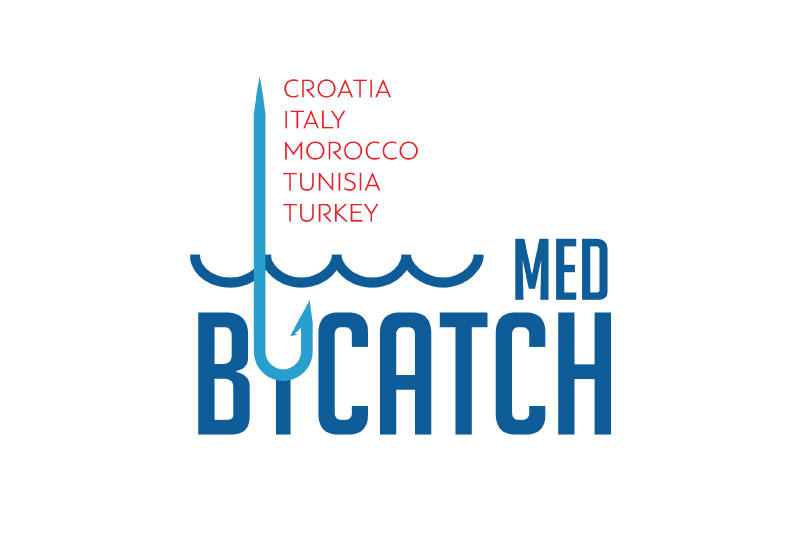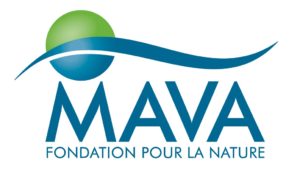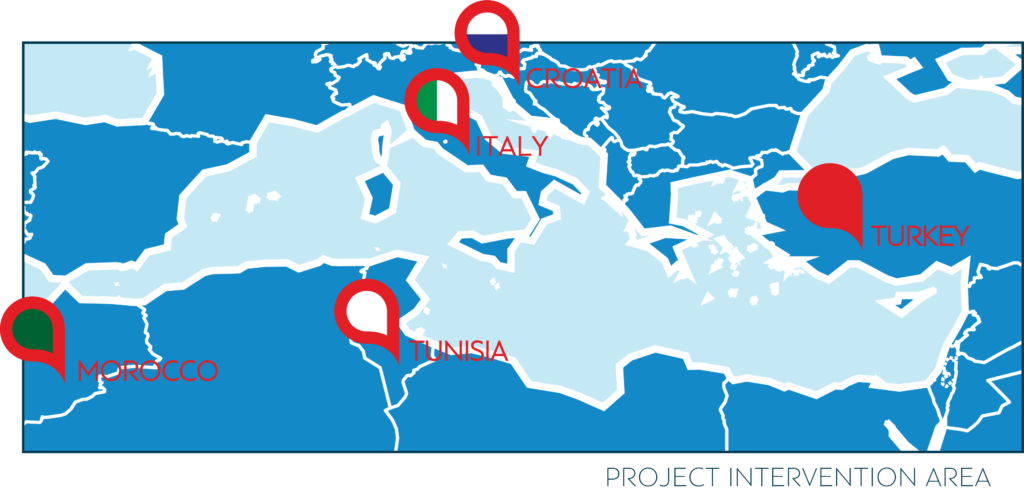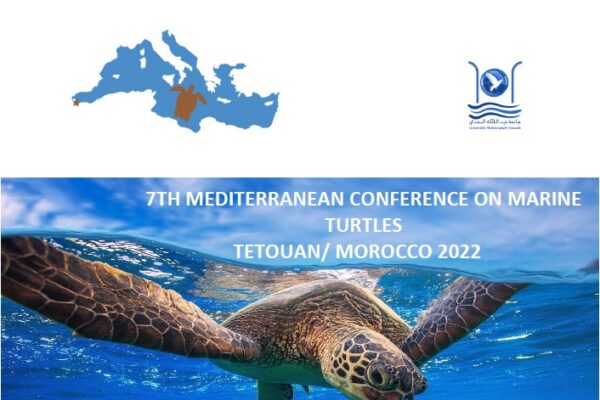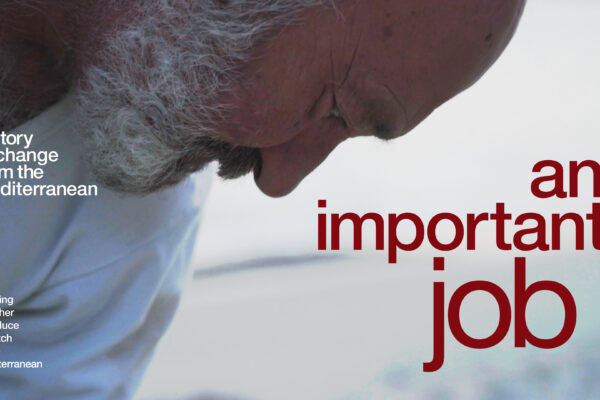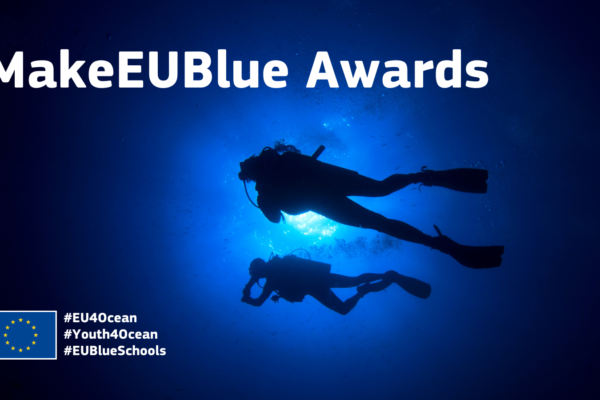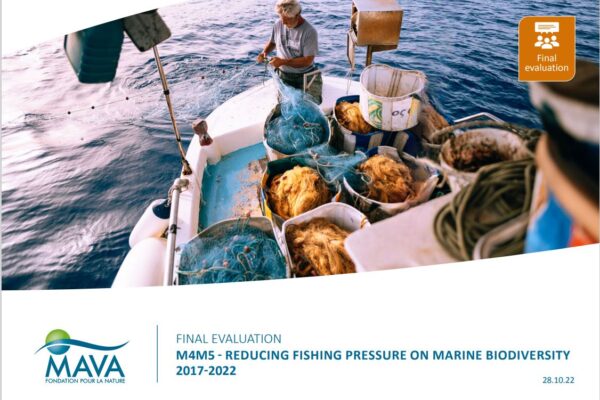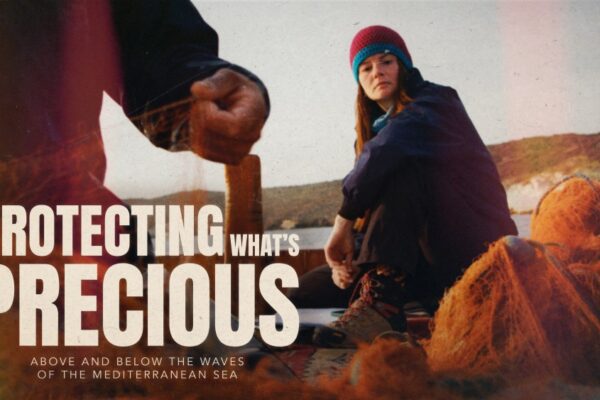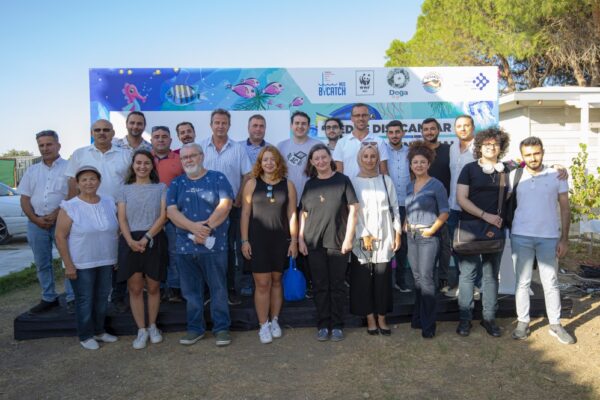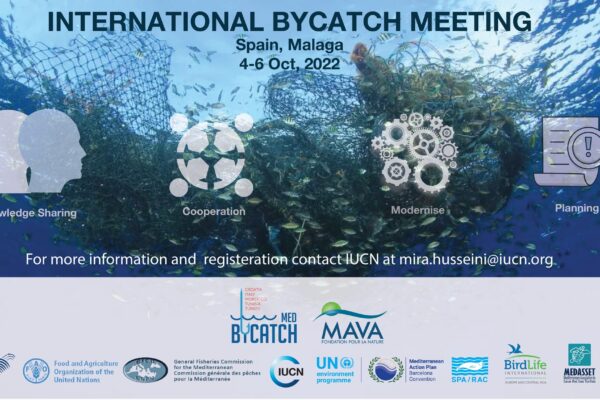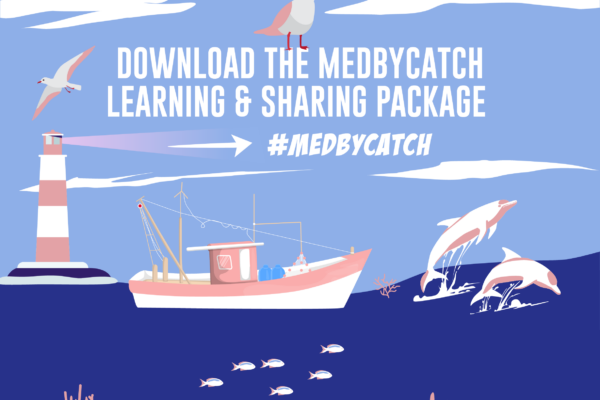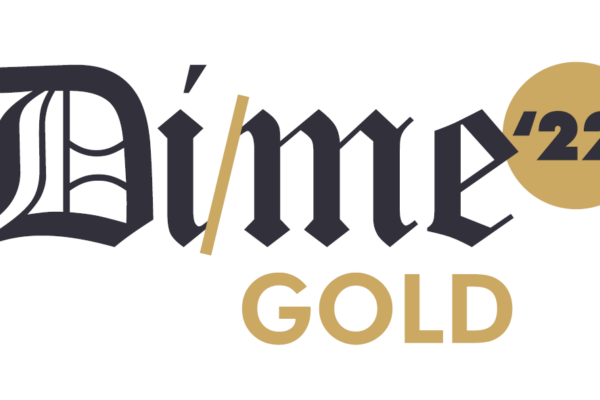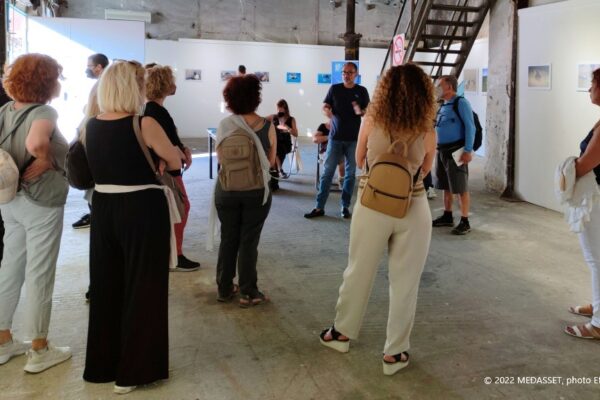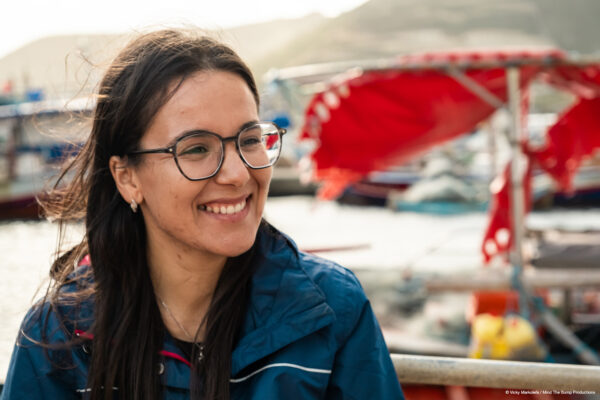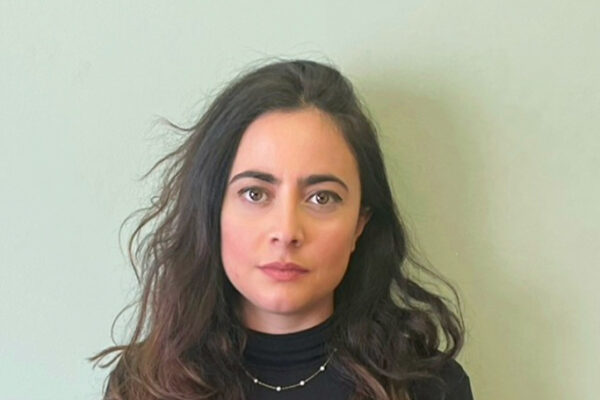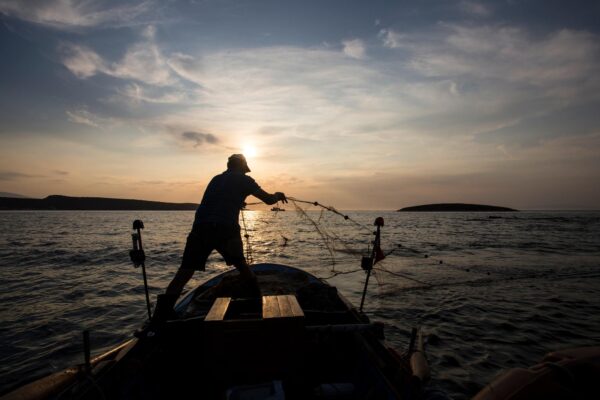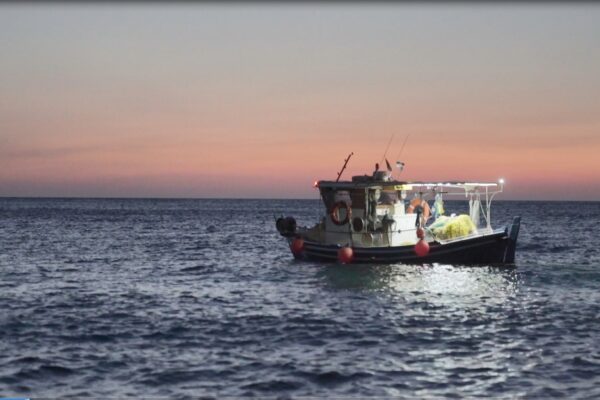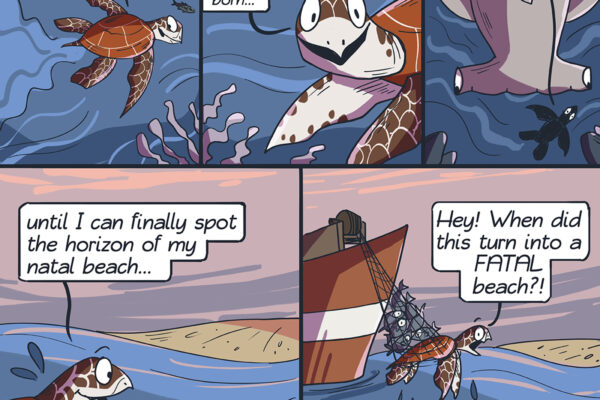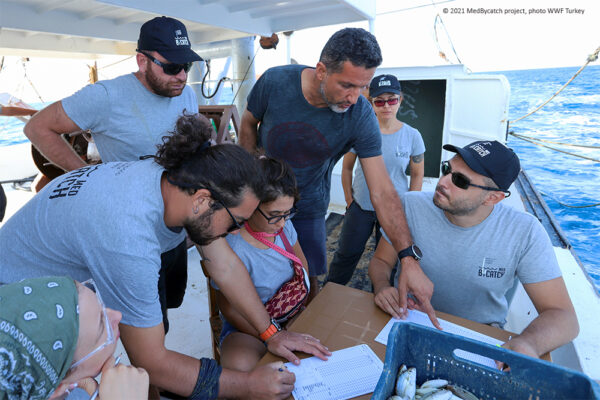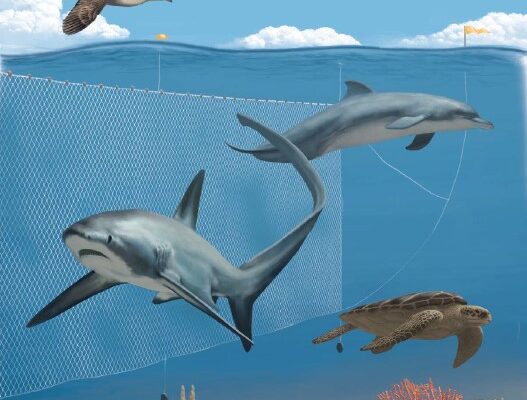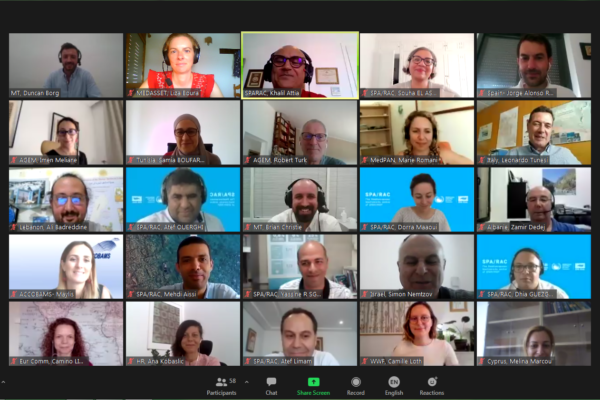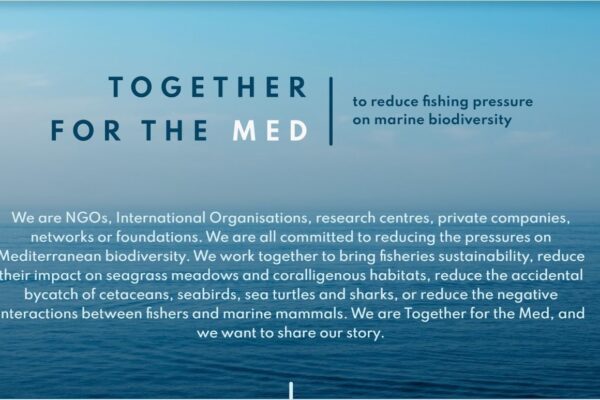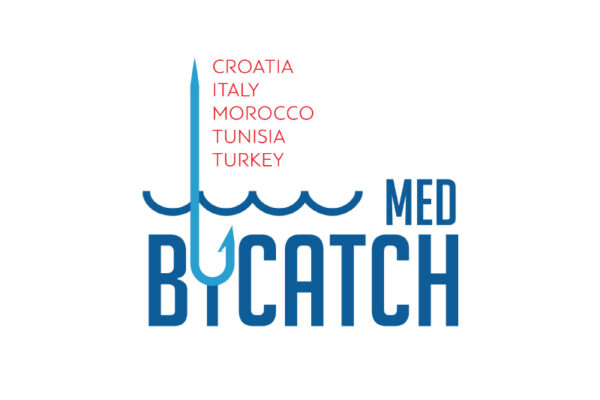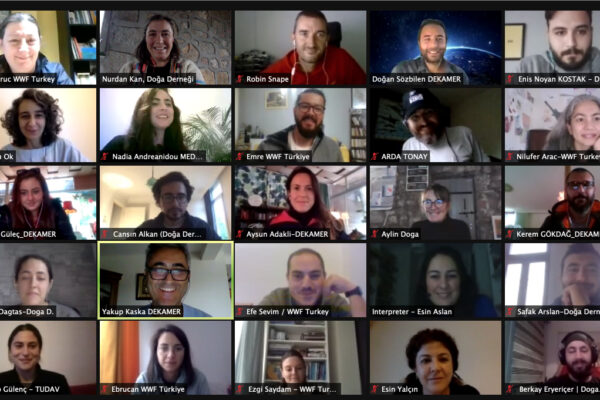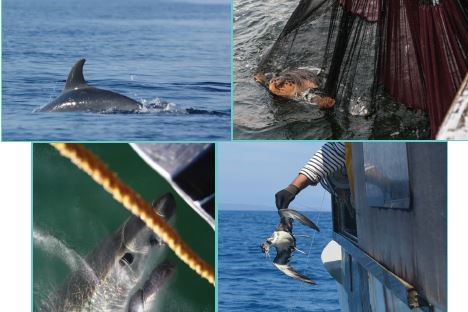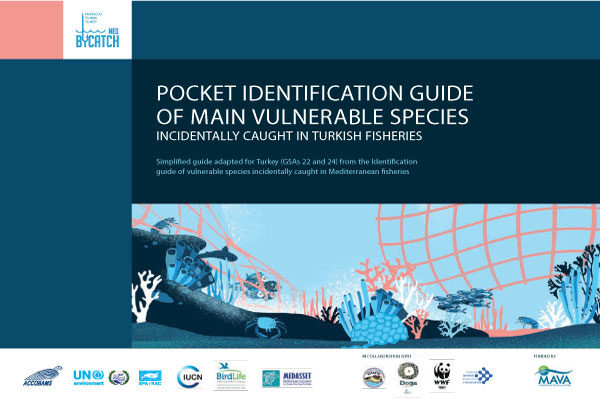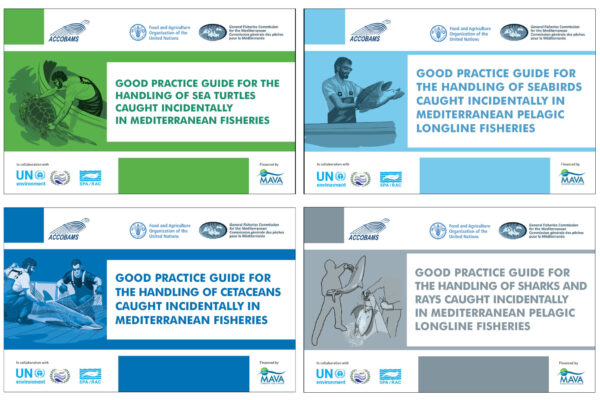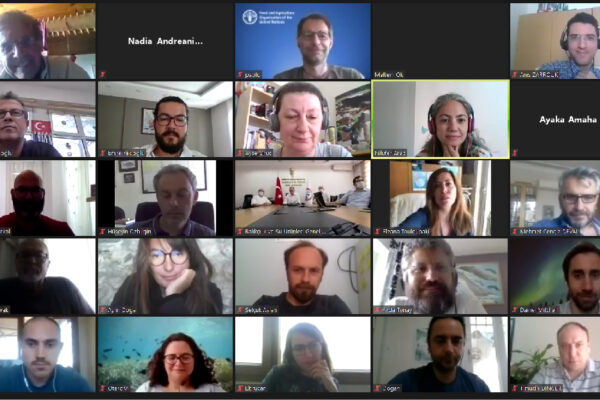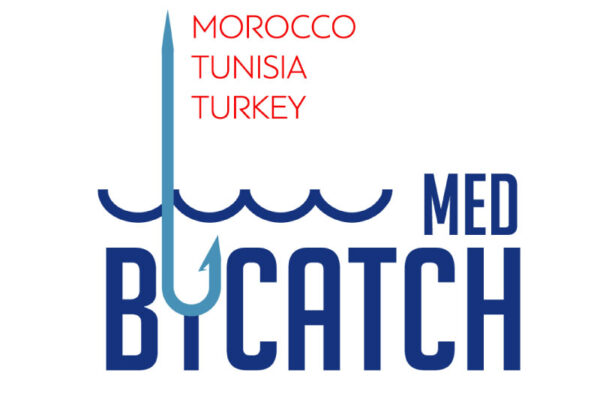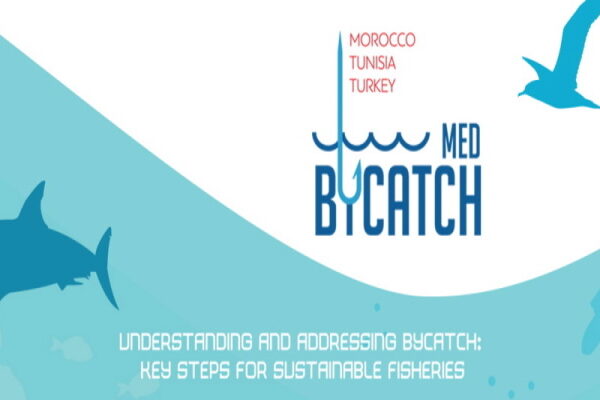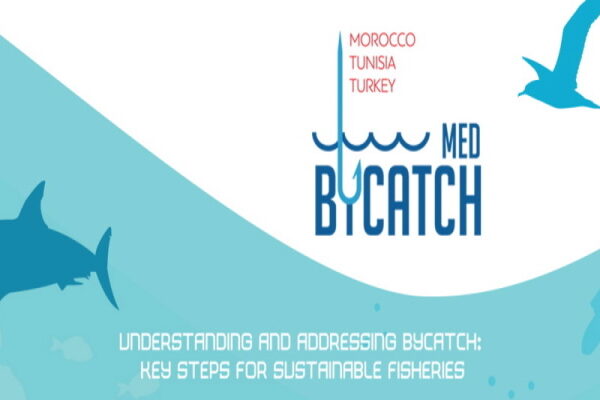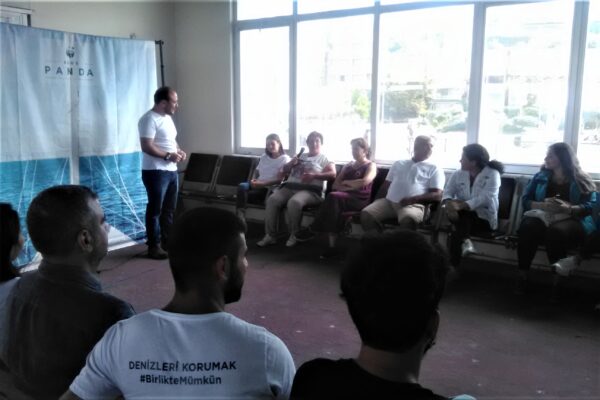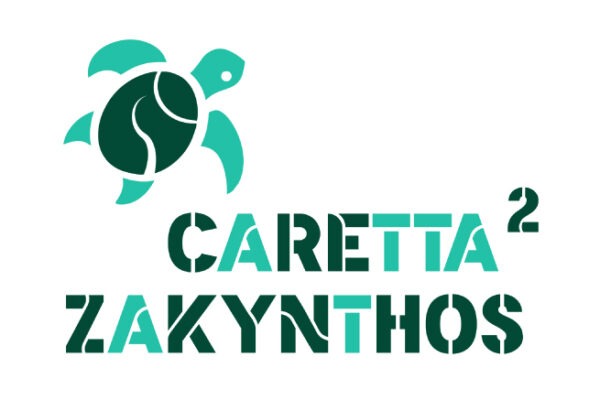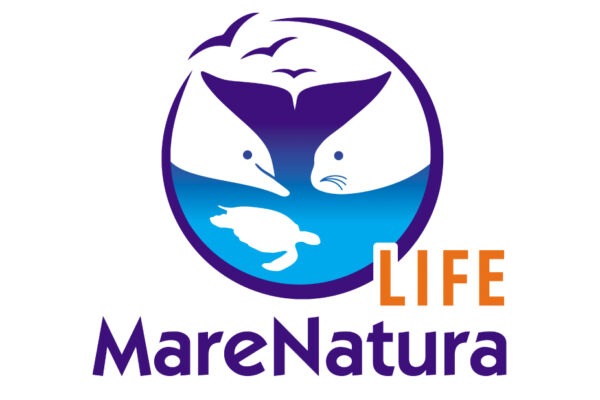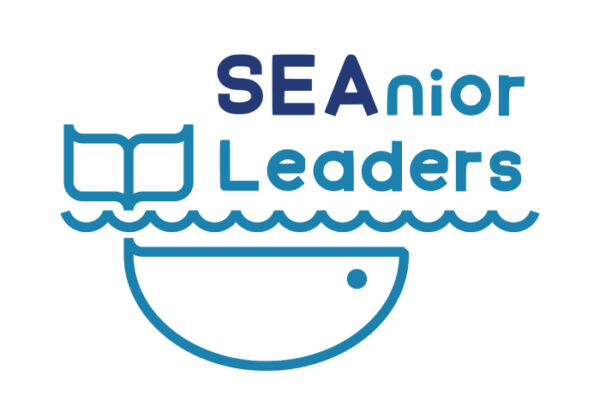ΜedBycatch – “Understanding Mediterranean Multi-taxa Bycatch of Vulnerable Species and Testing Mitigation. A Collaborative Approach”
The incidental capture of vulnerable species in fishing gear (also known as ‘bycatch’) is a key conservation issue in the Mediterranean for a number of taxonomic groups, including sea turtles, sea birds, cetaceans and seals, sharks and rays and corals & sponges.
The MedBycatch project works to provide knowledge, skills and tools for the following high level result to be achieved: By 2022 the impact of selected fishing gears on vulnerable species and habitats is reduced in three separate geographic areas of the Mediterranean Sea (Alboran Sea; Sicily Channel; Central Aegean & Levantine Basin). On-the ground activities take place in Morocco, Tunisia and Turkey.
Within the MedBycatch project, robust data is collected in a harmonized way to allow comparison across the Mediterranean. National teams of observers have been mobilised and trained to work with the fishers, to obtain reliable information. Moreover changes to fishing gears are going to be identified and tested for their effectiveness to mitigate single and multi-taxa bycatch.
The MedBycatch project promotes a collaborative approach towards reducing bycatch of vulnerable species. Bycatch is unintentional and a problem for both fishers and marine vulnerable species. Fishers suffer damage to their fishing gear, reduced quality of target catch and fuel loss, while placing vulnerable species at high risk. Therefore the collaboration of fishers is of crucial importance. We work with fisheries institutes, local NGOs , individual fishers, fishing associations and other relevant stakeholders to raise awareness and leverage change on the problem of bycatch. Through targeted policy and communication activities all relevant stakeholders and general audiences are informed about the problem of bycatch in the Mediterranean. In addition, fisheries management and fisheries policy across the focal countries are strengthened.
What is our Role?
ΜEDASSET’s role within this collaborative project is to coordinate any issue relating to sea turtle bycatch. In particular, MEDASSET participates in the scientific committee providing insight regarding sea turtle bycatch and conservation status and coordinates national partners (DEKAMER and WWF Turkey) in Turkey for the observer programme of on‐board observations, port surveys and mitigation trials while contributing to the data analysis. MEDASSET supports all relevant partners in fishing gear assessment and in identifying the bycatch hotspots for sea turtles in the Mediterranean.
MEDASSET actively participates in the training of observers on data collection and fishermen on self-reporting. Furthermore, MEDASSET reports on the socioeconomic background of fishermen in the countries of interest, providing guidelines for interviewing the fishermen, supporting and contributing to advocacy activities focusing in sea turtle previsions. In addition, MEDASSET implements communication activities to leverage awareness and interest in “Bycatch” issue and to increase the project’s outreach, with the cooperation of all project partners.



